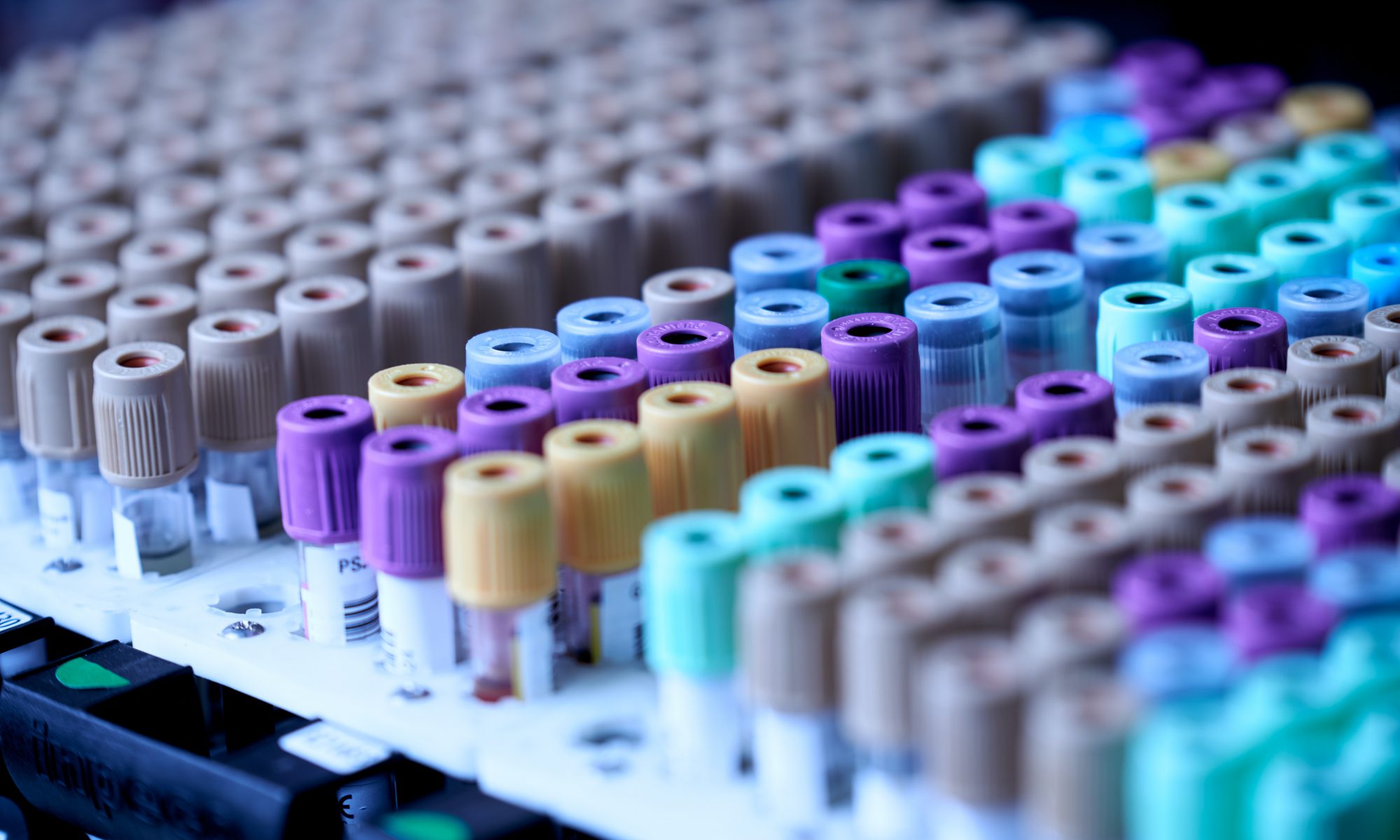Loading
Scientists successfully converted donated lungs into “universal” transplant organs in a proof-of-concept experiment. That means, theoretically, the lungs could be transplanted into any recipient, regardless of their blood type, as long as the organs were the appropriate size.
In the new study, published Wednesday (Feb. 16) in the journal Science Translational Medicine, the researchers ran experiments on the universal lungs in an ex vivo lung perfusion (EVLP) device, which keeps lungs alive outside the body. Within the next year-and-a-half, the study authors plan to test such organs in a clinical trial with human recipients, Dr. Marcelo Cypel, the surgical director of the Ajmera Transplant Centre, a professor of surgery at the University of Toronto and senior author of the study, told Live Science. Read the full story.
Loading








